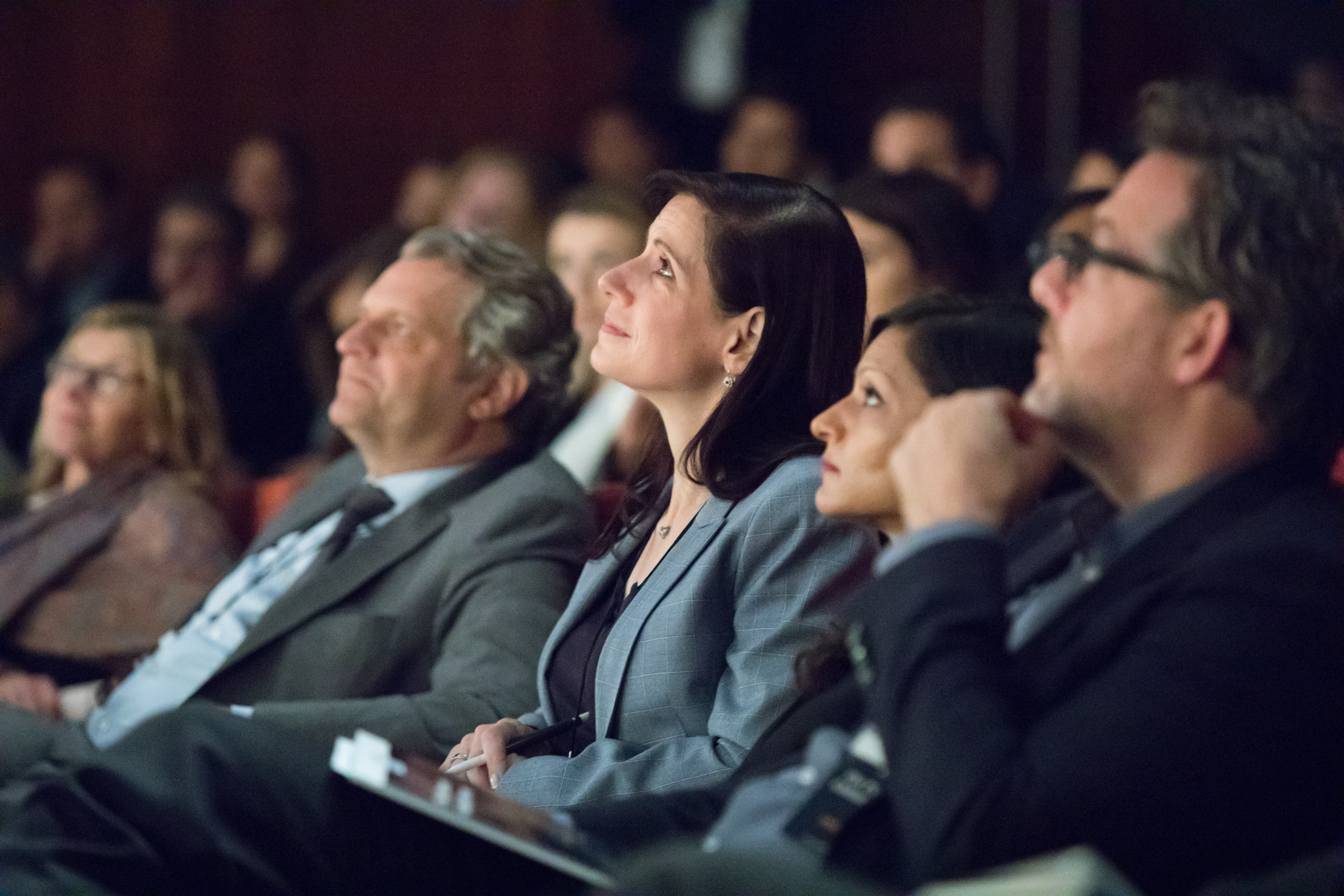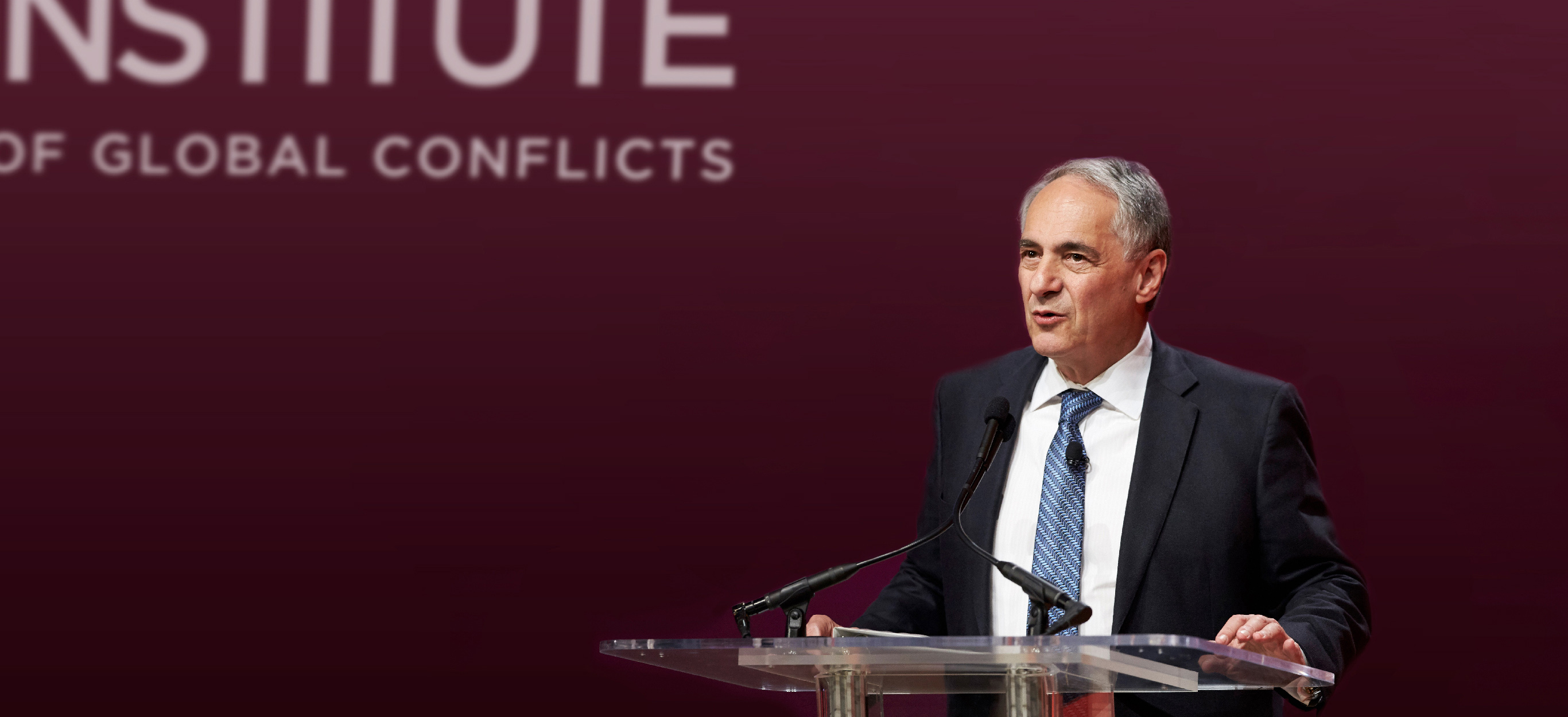A New Direction
and Approach

The Leadership
Inspired leadership is at the heart of The Pearson Institute’s aggressive agenda to apply innovative approaches and methodologies to explore the roots of violent conflicts. Institute Director James Robinson is supported in his mission to guide The Pearson Institute’s growth and expand its sphere of influence by University of Chicago President Paul Alivisatos.
James A. Robinson
On June 1, 2016, James Robinson, University Professor at the University of Chicago, was appointed the Reverend Dr. Richard L. Pearson Professor of Global Conflict Studies and Institute Director of The Pearson Institute for the Study and Resolution of Global Conflicts. A prominent political scientist and economist, Robinson has conducted influential research in the field of political and economic development and the factors that are the root causes of conflict. His work explores the underlying relationship between poverty and the institutions of a society and how institutions emerge out of political conflicts.
As institute director, Robinson guides The Pearson Institute’s research agenda, engages the international academic and practitioner community through The Pearson Global Forum, and oversees the curriculum that teaches future generations of leaders and scholars.
Robinson aspires to help make The Pearson Institute the intellectual home for anyone who works on or cares about these critical global issues. He is mobilizing the best minds and the most innovative approaches and methodologies to get to the roots of violent conflict and understand how to create a world more at peace.
“I am excited by the opportunity to build research agendas that I care passionately about and to reach a new audience of policymakers,” Robinson says. “There’s going to be an exciting paradigm shift in the next decade toward recognizing more fundamentally what these problems are all about. It will be very exciting for The Pearson Institute to be at the forefront of making that paradigm shift happen.”
Robinson’s work explores the underlying relationship between poverty and the institutions of a society and considers how institutions emerge out of political conflict.


